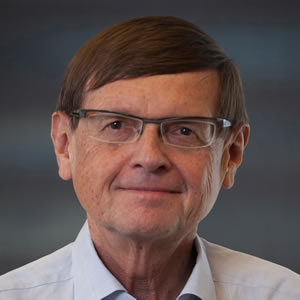Exploring the Evolutionary Forces Driving Tumor Development
Cancer genome sequencing has identified a level of complexity unimaginable only a few years ago. We now know that cancer often develops through a step-wise but non-linear process of clonal evolution, generating a bewidlering array of inter- and intra-tumor heterogenetiy, with only a limited number of driver mutations shared among tumors of even the same histological subtype. We also know that cancer-specific alterations can occur at a number of regulatory levels, which can influence gene function and expression. It is perhaps not surprising then that recurrent driver mutations in coding genes found by whole-exome or whole-genome sequencing sometimes constitute only a small contribution to the genetic component of cancer. It is therefore important to use other methods for characterizing cancer genomes that are better suited to capturing the full complement of the genetic complexity present in tumor cells.
One powerful and unbiased method for capturing this genetic complexity involves transposon mutatenesis in mouse models of cancer. Transposons can identify genes that are somatically mutated in human cancer as well as those that are deregulated by transcriptional or epigenetic means.
In my presentation, I will explain how transposon mutatenesis is helping us to elucidate the evolutionary forces driving tumor development and how this information might be helpful in developing new treatments for human cancer.
Presented by:
Neal Copeland, Ph.D.

Director, Cancer Research Program, Houston Methodist Research Institute
No slides availableNavigate the Site
2026 GoldLab Symposium
Save the date!
Please join on May 14-15, 2026Presenters In The News
Contact Info










